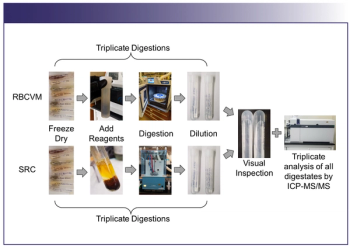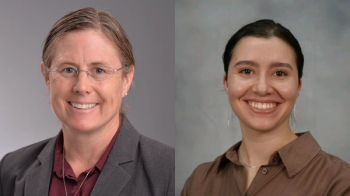
Proceeds from Pittcon 2016 Award Grants to Fund Science Education Grants at the Elementary, High School, and College Levels
Proceeds from Pittcon 2016 are distributed by its sponsoring societies, the Society for Analytical Chemists of Pittsburgh (SACP), and the Spectroscopy Society of Pittsburgh (SSP).
Proceeds from Pittcon 2016 are distributed by its sponsoring societies, the Society for Analytical Chemists of Pittsburgh (SACP), and the Spectroscopy Society of Pittsburgh (SSP). One way the money is distributed is through grants to elementary and high schools and colleges to fund science education and outreach. This year’s grant program includes the Elementary School Science Olympiad Program (ESSOP), which awarded more than $37,000 in various increments to 24 area schools. In addition, there was a total of $28,000 awarded to 48 elementary and middle schools.
The High School Equipment Grant (HSEG), totaling more than $24,000 was dispersed to 17 schools in Pennsylvania, Ohio, and West Virginia school districts.
At the college level, The Starter Grant Awards are given to encourage high-quality, innovative research by beginning chemistry professors. The goal of the grants is to promote the training and development of graduate students in the fields of spectroscopy and analytical chemistry. Two $40,000 awards were granted: one award in the area of analytical chemistry, and one in spectroscopy.
Other grants include: $66,000 for the College of Equipment Grant (CEGP), which was divided among 11 colleges; a $10,000 Undergraduate Analytical Research Program (UARP); and the College Chemistry scholarship, which consisted of one $3,000 and two $2,000 awards.
The Pittsburgh Conference Memorial National College Grant, commonly referred to as PCMNCG, distributed a total of $126,400 to 14 colleges across the country based on predetermined selection criteria and guidelines.
Newsletter
Get essential updates on the latest spectroscopy technologies, regulatory standards, and best practices—subscribe today to Spectroscopy.




